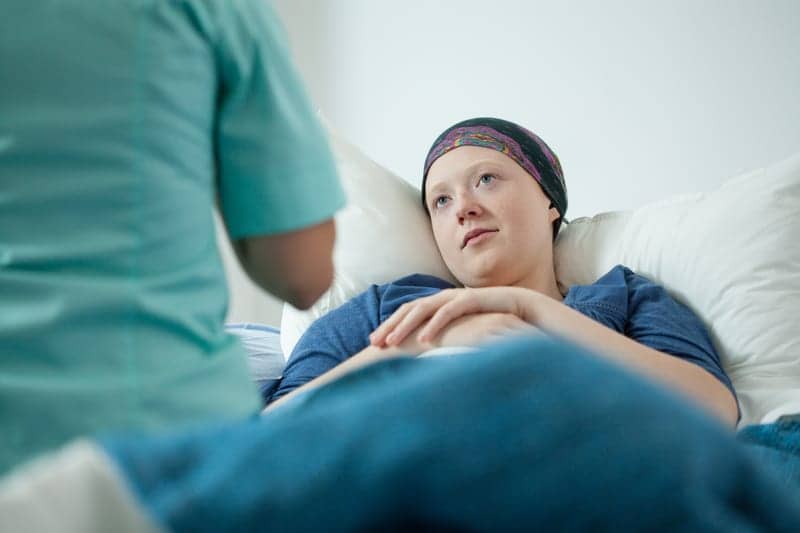A significant number of lung cancer patients also have autoimmune disease, which may make them unsuitable for immunotherapy treatments, new research reveals.
The UT Southwestern cancer researchers calculated that between 14 to 25 percent of lung cancer patients reviewed also had immune disease, and these individuals were more likely to be female and older, according to the findings reported today in JAMA Oncology.
The results are significant because the use of immunotherapy for cancer treatment is expanding, and clinical trials of immunotherapy have routinely excluded patients with autoimmune disease, a population estimated to be between 20 to 50 million people in the U.S., said first author Dr Saad Khan, Assistant Professor of Internal Medicine in the Division of Hematology and Oncology.
“Our team wanted to determine if this practice had a significant impact. The new immunotherapy treatments also convey the risk of unpredictable, possibly severe, and potentially irreversible autoimmune toxicities affecting a variety of organs. With combination immunotherapy regimens, rates of these adverse events may exceed 50 percent,” said Dr Khan, a member of the Simmons Cancer Center.
“Our findings provide the first robust estimate of autoimmune conditions among lung cancer patients,” said epidemiologist Dr Sandi Pruitt, Assistant Professor in the Department of Clinical Sciences’ Division of Outcomes and Health Services Research, and a member of the Simmons Cancer Center. “This study will influence clinical practice and the design of clinical trials, and raise additional research questions of critical importance to lung cancer patients and their doctors.”









